congestion (n)
/kənˈdʒes.tʃən/
sự ùn tắc, sự tắc nghẽn (đường sá...)
a situation in which a place is crowded with people or vehicles, so that it is difficult to move around
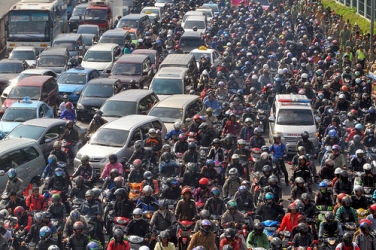
historic (a)
/hɪˈstɒr.ɪk/
có tính chất lịch sử; được ghi vào lịch sử
important or likely to be important in history
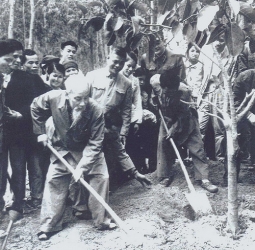
report (v)
/rɪˈpɔːt/
báo cáo, tường trình
to give a description of something or information about it to someone

rail (n)
/reɪl/
đường ray, đường xe lửa
one of the two metal bars fixed to the ground on which trains travel

infrastructure (n)
/ˈɪn.frəˌstrʌk.tʃər/
cơ sở hạ tầng
the basic systems and services, such as transport and power supplies, that a country or organization uses in order to work effectively

commuter (n)
/kəˈmjuː.tər/
người đi làm bằng vé tháng (tàu, xe)
someone who regularly travels between work and home
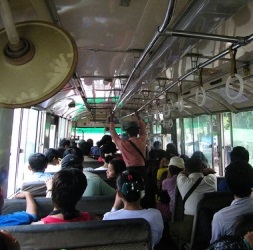
skilled (a)
/skɪld/
lành nghề, có tay nghề cao, kinh nghiệm
having the abilities needed to do an activity or job well

warfare (a)
/ˈwɔː.feər/
cuộc xung đột, cuộc đấu tranh
fighting or serious disagreement between groups

reduce (v)
/rɪˈdjuːs/
giảm, giảm bớt, hạ
to make something smaller or less in size, amount, importance etc

pioneering (a)
/ˌpaɪəˈnɪə.rɪŋ/
đi tiên phong, đi đầu
using ideas and methods that have never been used before

traffic (n)
/ˈtræfɪk/
giao thông
the number of vehicles moving along roads, or the amount of aircraft, trains, or ships moving along a route

deport (n)
/dɪˈpɔːt/
trục xuất
to send someone out of a country, usually because they do not have a legal right to be there
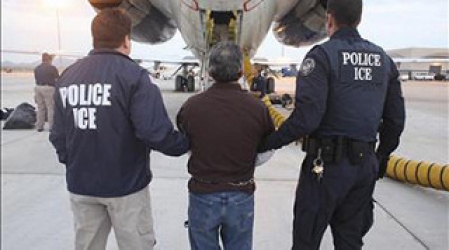
visa (n)
/ˈviː.zə/
thị thực
an official mark made in a passport which allows you to enter or leave a particular country










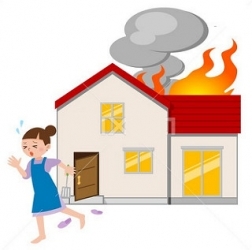



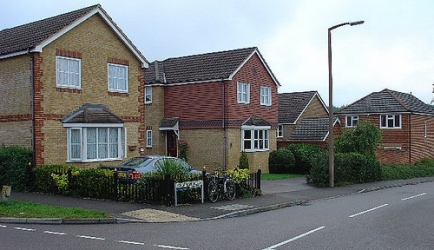
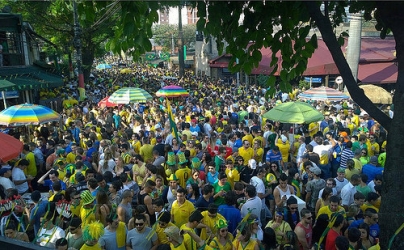
















 Hãy đăng ký thành viên và đăng nhập để sử dụng chức năng này!
Hãy đăng ký thành viên và đăng nhập để sử dụng chức năng này!
Bình luận